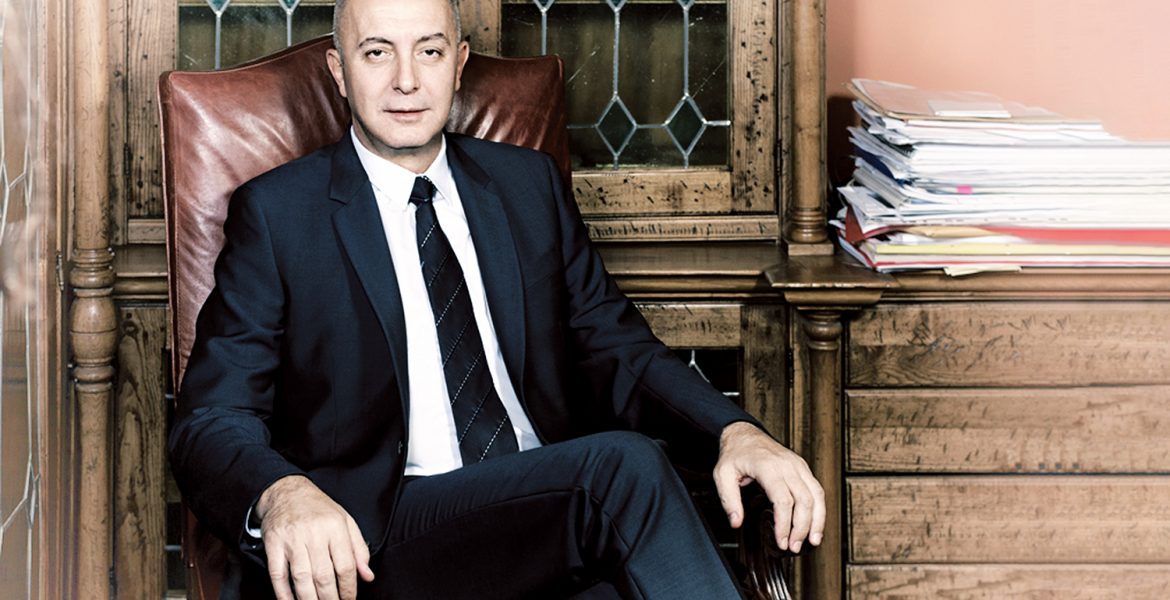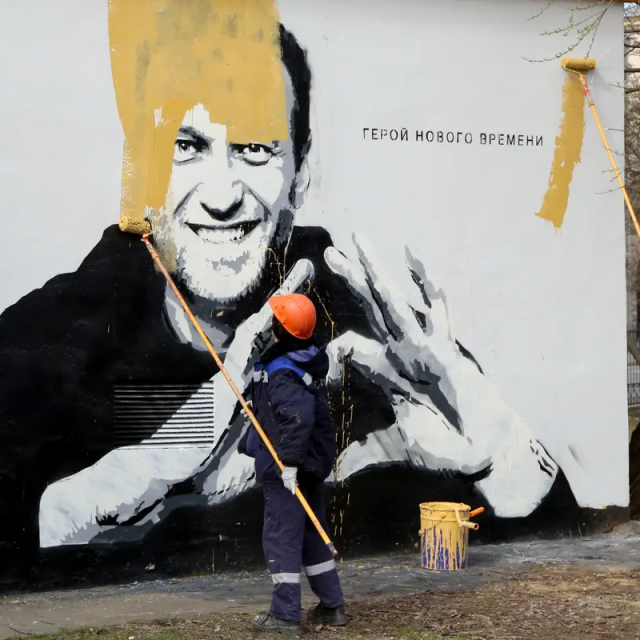On 11 June 2021, the High Court in London handed down judgment quashing an order for the extradition to Romania of Mr Gabriel Popoviciu, a high-profile, successful Romanian businessman.
The Court described Mr Popoviciu’s case as “extraordinary”.
The Court found that there was credible evidence to show that the trial judge who convicted Mr Popoviciu in Romania – whilst holding judicial office, and over a number of years – corruptly assisted “underworld” businessmen with their legal matters. In particular, the trial judge had provided “improper and corrupt assistance” to the complainant, and chief prosecution witness in Mr Popoviciu’s case, including the soliciting and receiving of bribes. The trial judge’s failure to disclose his pre-existing corrupt relationship with the complainant – and the Romanian authorities’ failure properly to investigate this link – were of central, damning importance.
The Court therefore concluded that Mr Popoviciu was not tried by an impartial tribunal and that he had “suffered a complete denial” of his fair trial rights as protected by Article 6 of the European Convention on Human Rights. The Court further concluded that the serving of a prison sentence based on an improper conviction would be “arbitrary” and that extraditing Mr Popoviciu would consequently represent a “flagrant denial” of his right to liberty as protected by Article 5 of the European Convention.
The Court accordingly quashed the order for extradition and allowed the appeal.
This is the first time that the High Court has concluded that extradition to an EU Member State represents a real risk of a “flagrant denial” of a requested person’s Convention rights. Since 2004, the European arrest warrant has allowed fast-track extradition between members of the European Union. Mutual recognition is based on the understanding that each EU state can trust the judicial processes of every other member state. But it would seem that the concerns over the denial of Popoviciu’s fair trial rights as protected by Article 6 of the European Convention on Human Rights were such that they had to override this understanding, making this a landmark case.
One of the UK’s leading legal experts, Joshua Rozenberg, commented on A Lawyer Writes that the real lesson of the Popoviciu case is: “you don’t have to travel far to find judicial behaviour that would be unthinkable in the United Kingdom. It should also be unthinkable in the European Union.”
Mr Gabriel Popoviciu was represented by Edward Fitzgerald QC, Peter Caldwell and Graeme Hall at Doughty Street Chambers, instructed by Anand Doobay and Christina Russell of Boutique Law.




